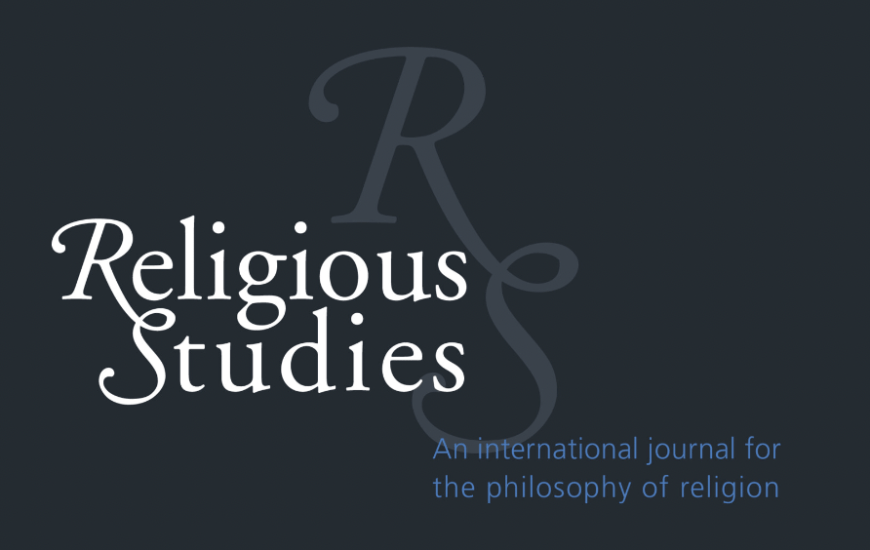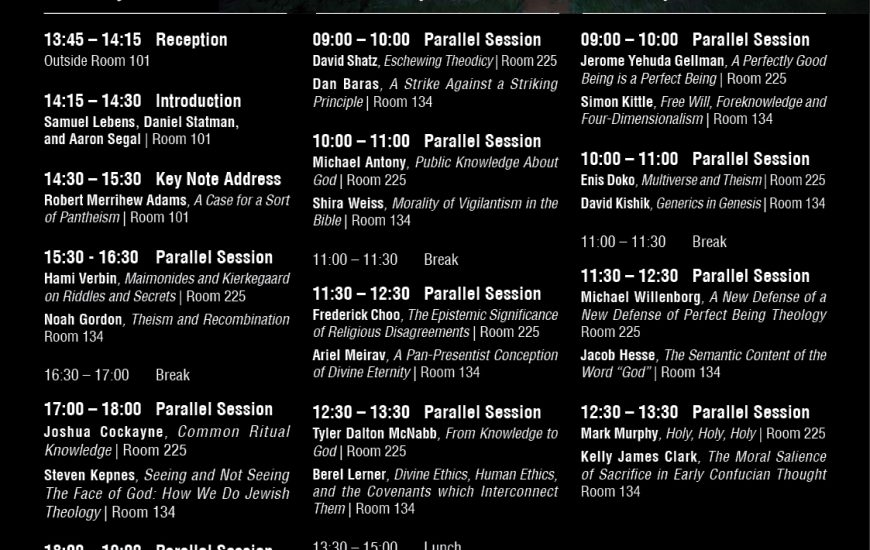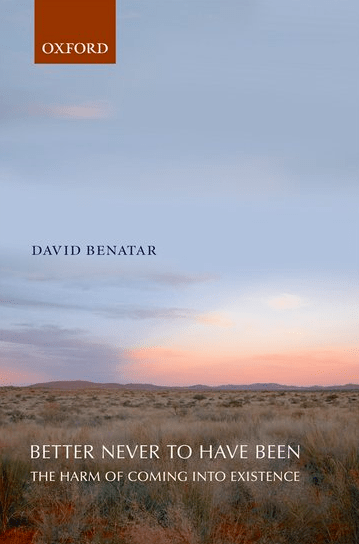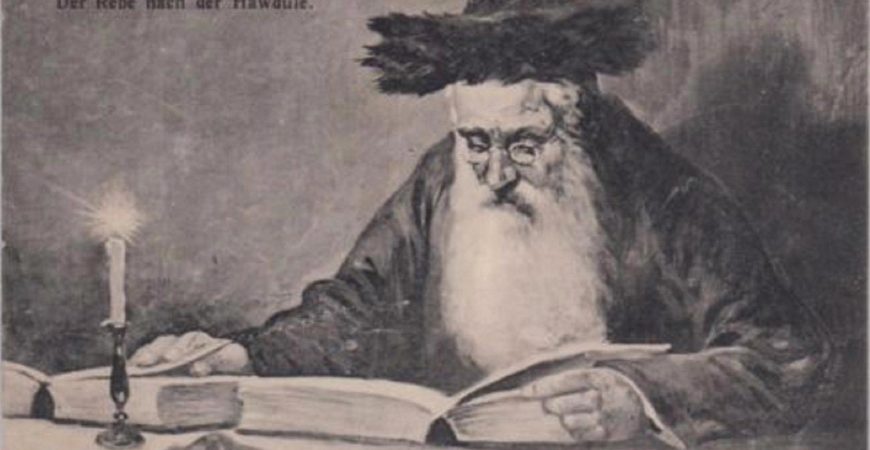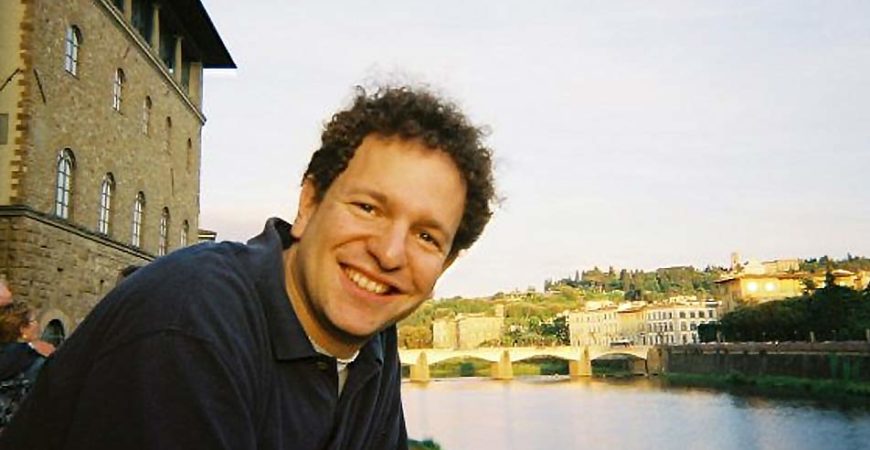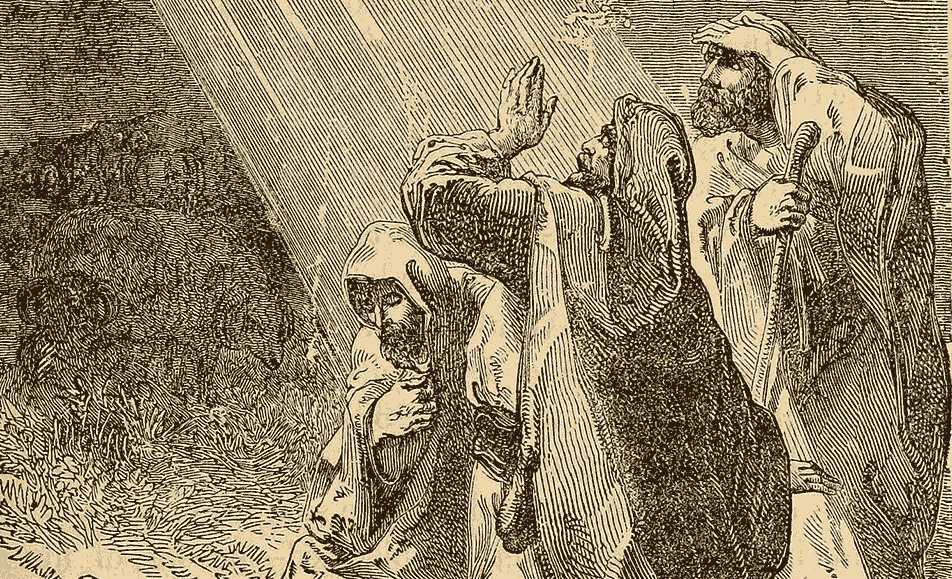Writings
To join as an author,
which will enable you to start a new blog post, please write us.
A special issue on Jewish Analytic Theology, edited by Aaron Segal and Sem Lebens, has been published in the latest issue of the Journal of Analytic Theology. The issue can be found here.
Congratulations to our steering committee members Shlomit Wygoda Cohen (Van Leer Institute) and Noam Oren (Hebrew University) for their recent publications on Jewish themes in Religious Studies. Here are the links for Shlomit’s paper “Why does God Command?,” and Noam’s...
Andrew Pessin has written a new book of bite-sized chapters relating to Jewish philosophical theology. His book, the Jewish God Question, explores what a diverse array of Jewish thinkers have said about the interrelated questions of God, the Book, the Jewish people,...
From 18-24 March, the APJ is pleased to host a symposium on the Conclusion (chapter 7) of David Benatar’s book Better to Never have Been (OUP 2006) in which he claims that his anti-natalist views are compatible with certain religious...
The APJ is pleased to present a correspondence between Professor Yehuda Gellman and Professor Tamar Ross. Some of the original text has been redacted by the authors, as indicated by ellipses. This is a work in progress – not to...
Tyron Goldschmidt and I have finished a first rough draft of a somewhat crazy paper. It explores numerous Jewish sources that speak of God changing the past. We try to make sense of the metaphysics and the theology of the...
We are pleased to have a guest post by Jeff Helmreich (UC-Irvine, Philosophy and Law). Jeff presents a fascinating puzzle that “afflicts all well-developed legal systems, but Halakha more than most”. The puzzle “is based on three principles, each of...
Here is a little internal discussion I’ve been having about Repentance and atemporalism, it ends with a question about a debate in the Talmud. I’d be eager to hear what people have to say. As a tangent to something I...
The paper that I recently posted about Negative Theology received hundreds of hits on academia.edu – I was surprised to see it generate that sort of interest. In actual fact, that paper grew out of my work on the Izhbitza...
I've just finished a draft of a paper on negative theology. In tangential ways, it was inspired by work I'm currently doing on the Izhbitza Rebbe.
I'd really love to see if people have comments for me, so that I can improve it.
Thanks in advance!
One of the ideas of this blog was that scholars in the field should use it as a space to test-run new ideas and new work. So, I’m going to be brave and share a half-written, and incomplete draft of...
Rabbi Soloveitchik isolates a variety of types of repentance that emerge from the classical Jewish texts. In this paper, I reflect upon three of them, their inter-relationship and their philosophical significance – concentrating especially on the following question, in what...
The Talmud debates whether there is such a thing as ‘breira’ or not. ‘Breira’ literally means clarification, but in the Talmudic debate that I’m talking about, it would better be translated as retroactive clarification…. or something like that. If a...
The relationship between Judaism and philosophy has been the subject of discussion at least since Late Antiquity. Often, however, philosophy is reified as a distinct body of knowledge, the views of Epicurus and his followers, Aristotle’s corpus, or the very...
I was recently asked to write an article of philosophical interest for a Jewish publication. The content is aimed at the lay-person, but perhaps people here will find it interesting. I’d be grateful, as ever, for your comments. As a...
The APJ is delighted to announce that our annual group session will be held at the Eastern Division of the American Philosophical Association on Tuesday evening, January 16, 2024, 7-10 pm at the Sheraton, New York Times Square. This year’s...
October 15, 2023
Rutgers Analytic Theology Seminar – CFP Deadline Oct 15, 2023. The Rutgers Analytic Theology Seminar solicits abstracts for papers in analytic theology, for a conference to be held March 10-12, 2024, at Rutgers University’s New Brunswick campus. Papers are welcome...
This site uses cookies. Find out more about cookies and how you can refuse them.


